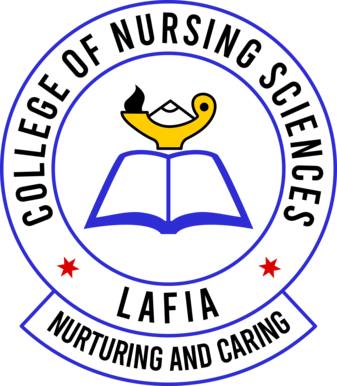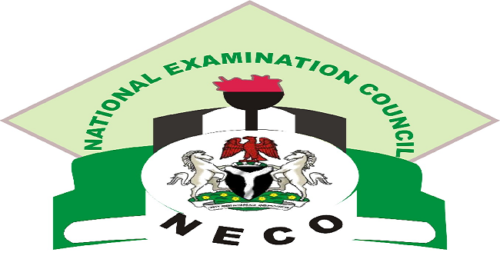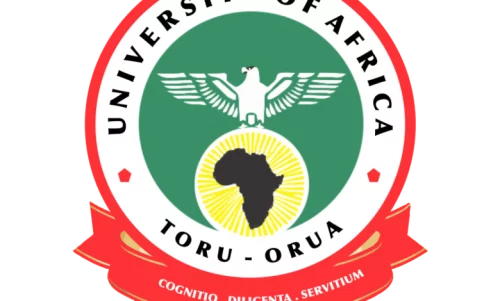Growth refers to the irreversible increase in the size, volume, and mass of an organism or a particular part of an organism over time. It is a gradual and progressive process that can be observed in living organisms.

Germination of Seeds and Conditions Necessary for Germination of Seeds:
Germination is the process by which a seed transforms into a new plant. For a seed to germinate, it requires specific conditions to be met, which are:
- Water: The seed requires water to break its dormancy and start the germination process. The amount of water required depends on the seed type.
- Temperature: The seed also requires a specific temperature range to germinate. Different seeds have different optimum temperatures for germination.
- Oxygen: Oxygen is essential for the metabolic processes that occur during germination.
- Soil/substrate: The soil or substrate in which the seed is planted must have adequate nutrients, aeration, and water-holding capacity for germination to occur.
- Light: Light is necessary for the germination of some seeds, while others require darkness.
Application of the Knowledge of the Conditions Necessary for Germination on Plant Growth:
The knowledge of the conditions necessary for seed germination can be applied to ensure optimal plant growth. For instance, when planting crops, farmers must consider the seed’s specific germination requirements, such as the right temperature, water, soil, and nutrients, to ensure proper growth and maximum yield.
Differentiation between Epigeal and Hypogeal Germination:
There are two types of germination; Epigeal and Hypogeal germination.
Epigeal germination is a type of germination where the cotyledons (seed leaves) emerge above the soil surface. The epicotyl elongates, and the cotyledons expand and become green, taking over photosynthesis from the seed coat.
Hypogeal germination, on the other hand, is a type of germination where the cotyledons remain below the soil surface. The plumule emerges from the seed, and the epicotyl elongates, pushing the seed coat above the soil surface. The cotyledons remain in the soil and do not become green.
In conclusion, growth is a vital aspect of living organisms, and germination is an essential process for plant growth. Understanding the conditions necessary for germination and the different types of germination can help in optimizing plant growth and yield.












